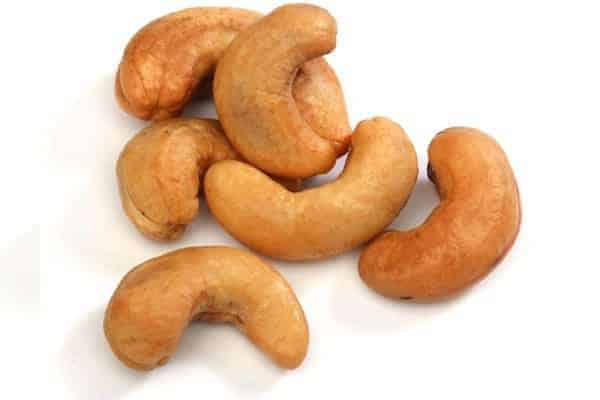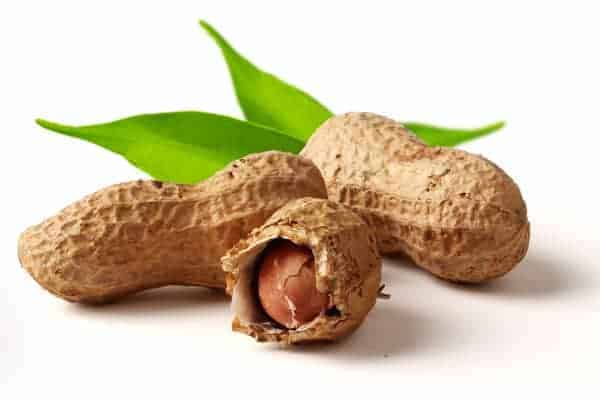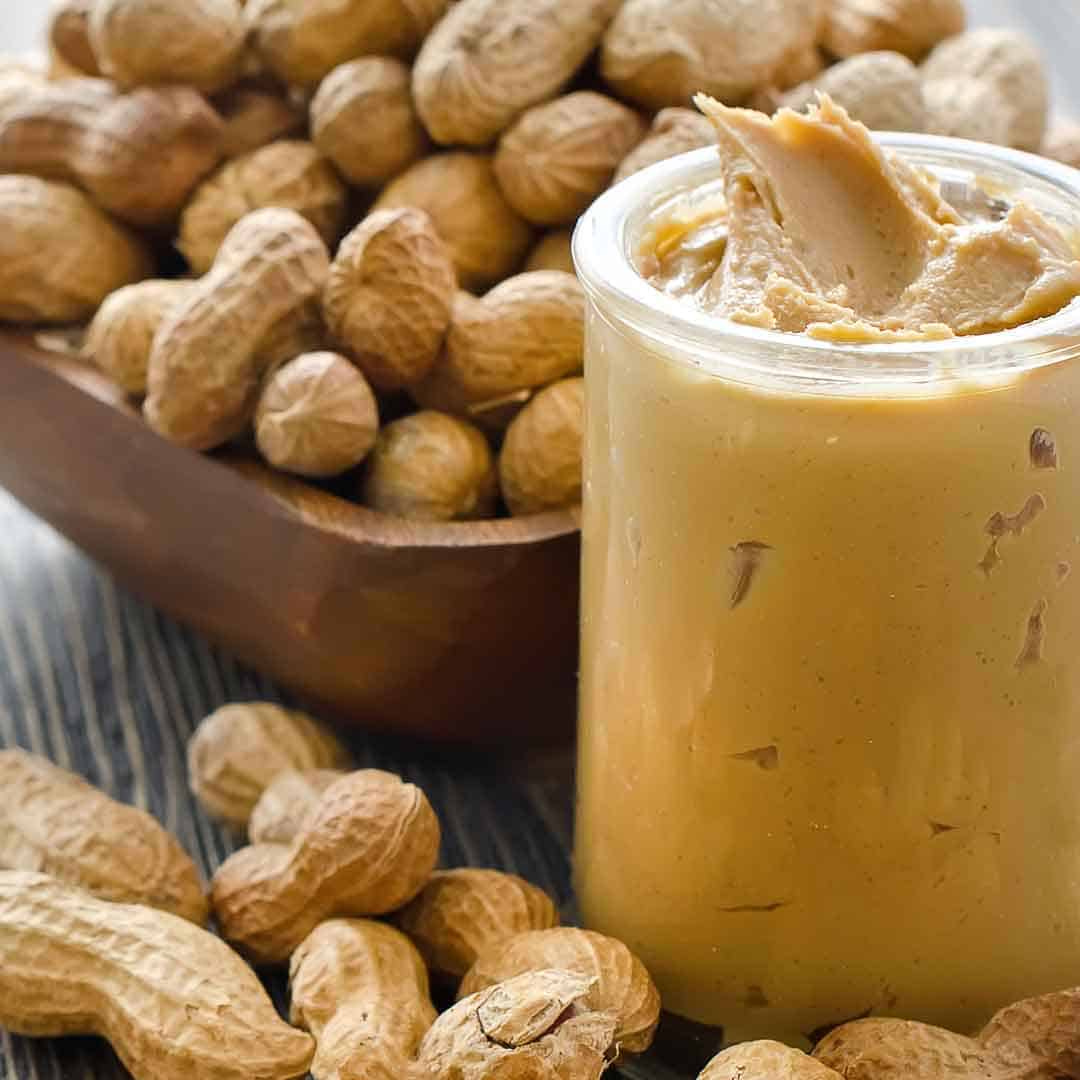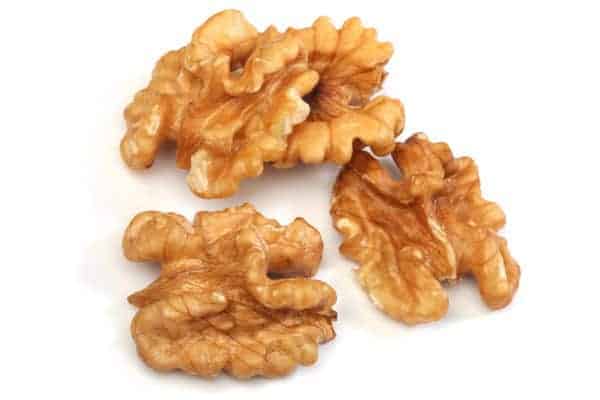‘Roasted’ and ‘Dry-Roasted’ nuts, what’s the difference?
ROASTED
Roasted nuts are roasted in oil. Golden canola oil generally produces the highest quality roasted nuts.
DRY ROASTED
Dry roasted nuts use no added oils in the roasting process.
Which nuts are healthier, roasted or dry-roasted?
All nuts are good for you as they contain good fat. Although dry roasted nuts are healthier than oil roasted ones, there isn’t much difference between dry roasted nuts and raw nuts.
The difference between normal nuts and cooking grade nuts
Cooking grade nuts are 10 – 20% cheaper than the normal ones. The cooking grade nuts are usually chipped or smaller in size and dark in colour.


Nuts and nut butter storage advice

Did You Know That Nuts Actually Don’t Freeze!
To keep your nutty goodies in the best condition, store them in an airtight container in the fridge or freezer. Concerned about expiry? Nuts can be refrigerated or frozen for up to 1 year (they don’t freeze). Just make sure to bring them back to room temperature before serving. EASY! Now you are a nut expert!!!
Store all nuts and seeds in the refrigerator or freezer. This keeps the natural oils neutral and stops them from going rancid, especially during warm weather!!
Store all legumes, cereals, grains spices and dried fruits in air-tight containers in a cool, dark area, away from direct sunlight.
Nuts and seeds do not contain water so storing them in a refrigerator or freezer will help them last up to 12 months, keeping them fresh and crunchy.
Ways to store nuts and nut butter
Air-tight containers or sealed bags stored in;
- Refrigerator
- Cool room
- Freezer
- Air-conditioned storage room (under 15°C)
- Nuts and seeds are porous and will absorb strong smells quickly, so store products away from strong-odour foods
- Keep products away from direct sunlight if possible, and keep area cool (under 15°C)
Tips on managing your stock
Health benefits
Nuts could help you live longer. Most nuts, raw or roasted, contain healthy fats that help to reduce cholesterol. Almond nuts are rich sources of vitamins, minerals and health promoting phyto-chemicals.
Nuts are an excellent source of vitamin E, required for maintaining healthy skin by protecting it from harmful effects of oxygen-free radicals.
Nuts are free from gluten, and for the same reason, they are one of the popular ingredients in the preparation of gluten-free food formulas, and are healthy alternatives for people with wheat food allergy, and coeliac disease.
Nuts are filled with many important B-complex group vitamins such as riboflavin, niacin, thiamin, pantothenic acid, vitamin B-6, and folates. Together, these vitamins work as co-factors for enzymes during cellular substrate metabolism inside the human body.
Almonds are also a powerful source of minerals such as manganese, potassium, calcium, iron, magnesium, zinc, and selenium.


